
From left to right: Victor Dickson, President/CEO of the Safer Fondation, Pauline Lipman, Professor of Educational Policy Studies at UIC, Don Rose, Independent Political Consultant and Columnist, Jesus “Chuy” Garcia, Cook County Commissioner and one of Chicago’s Mayoral Candidates for 2015, Andrew Diamond, Professor of American History and Civilization at University of Paris-Sarbonne. Photo By: Dan Zar
The University of Illinois at Chicago hosted some of Chicago’s longtime political veterans and social advocates in their discussion with the author of a new book exclusively about Chicago’s struggle with race and inequality.
“How, we ask, can a city as great as Chicago have as much inequality and disparity as it does?” asked Teresa Córdova, Director of the Great Cities Institute of UIC and mediator of the Nov. 13 panel discussion.
Córdova said the Great Cities Institute at UIC represents the commitment of the university’s engagement that works to provide solutions through research and policy analysis, which the author of the new book, Andrew Diamond, used to write his soon-to-be-released, City on the Make: Race and Inequality in Chicago.
“While globalization has had a strong impact on the city’s evolution, the local political structure from the neighborhood level, up to city hall, continues to play a major role in determining how the city develops and how it’s governed,” Diamond said.
Diamond is a professor of American history and civilization at University of Paris-Sarbonne and is an author of many books about his studies of urban America.

Diamond knows the everyday struggle for empowerment in a multi-racial city and focuses on the way politics lie at the center of Chicago history, Córdova said.
“We continue to be concerned about the growing disparities in wealth, rising rates of poverty, and policies that seem to worsen rather than improve the condition of cities, neighborhoods and our households,” Córdova said.
An elected school board, enough affordable housing, raising the minimum wage and the repercussion of politics were the main topics of discussion, calling for change under the “corporate-like-agenda” actions of current Mayor Rahm Emanuel.
Legalization or complete decriminalization of marijuana was also a factor in the race to inequality in Chicago because many are being incarcerated for possessing small amounts of marijuana.
Emanuel’s recently announced contender, Jesus “Chuy” Garcia, said he supports making changes to the system.
Garcia was truly the main attraction of the panel discussion as voters, reporters and student were curious to hear his plans running against what panelists call, “mayor one percent.”
Hyde-Park resident and faculty of UIC, Julie Fisher, said she attended the panel because the panelists were all politically connected people with a lot to say about Chicago. More specifically, Fisher said she wanted to hear from Garcia because she didn’t know him or his understanding of the struggles in education, housing and medical care in Chicago.
“Have we lost all of our power to make a difference improving the quality of life through government?” Garcia asked the members of the discussion panel. “What is the role of public institution and institutions in the life of everyday people, ordinary people and poor people?”
Garcia said electoral politics plays an important characteristic of Chicago history’s with poverty and racial integration because of the concentration of wealth for politicians, more specifically mayors, who implement a corporate agenda that generates wealth in the hands of a few people, but not Chicagoans.

“Some would argue its keeping people away from the ballot box being that they are overwhelmed and only the elite can play politics,” Garcia said.
Garcia questioned if Chicago can change courses moving forward with its political history.
Since the Supreme Court has given free rein to politicians to infuse large amounts of cash into politics, Garcia said this is effecting the outcome of those politics.
“Our kids are over-tested and under educated,” said Don Rose, an independent political columnist and former press secretary to Dr. Martin Luther King Jr.
Rose said among the most important issues Chicago faces today, education is one of them because it’s under the mayor’s control.
“We have to break this concept of school reform which involves mayoral control of the schools, and dependence in standardized testing in which students and teachers are based and the production of charter schools,” Rose said.
An advocate for social justice and a UIC professor of educational policy studies, Paulene Lipman said Chicago’s cohesive neo-liberal governance, state abandonment of the black communities and austerity politics, which are all at stunning inequalities, have produced an emerging social movement in Chicago.
Lipman said Chicago needs to raise the minimum wage even if it requires a tax on the transactions between the Chicago Mercantile Exchange and the Board of Trade, which Lipman said Chicago has the most in the world.
“The city is about the accumulation of wealth in the hands of a few that’s what’s driving much of what’s happening in the city,” Lipman said. “Dis-invested schools, dis-invested neighborhoods and real need for economic development and jobs.”

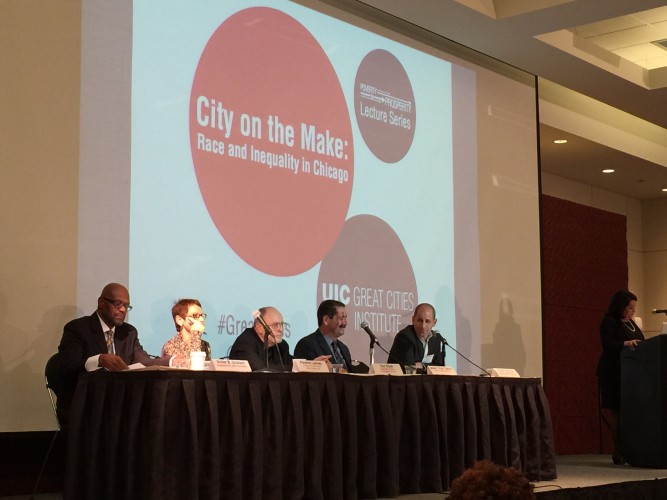










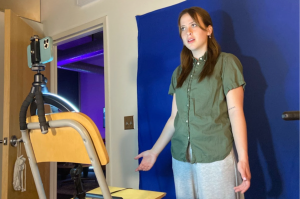



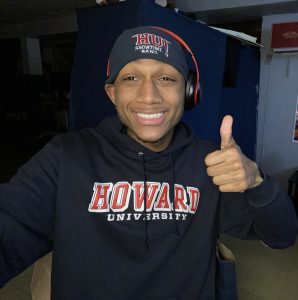
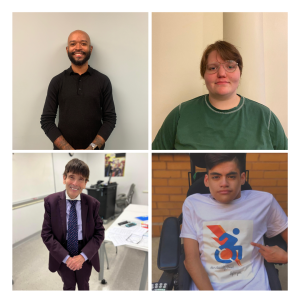

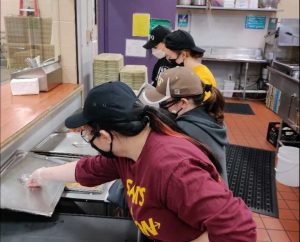
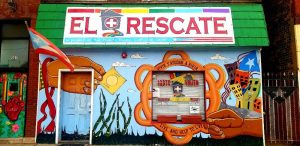
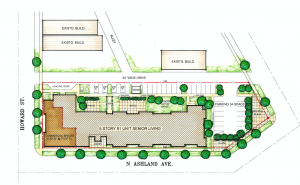
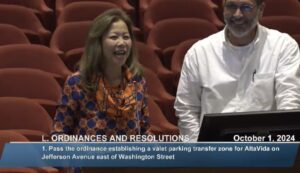
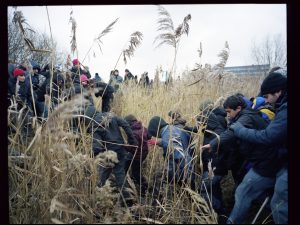



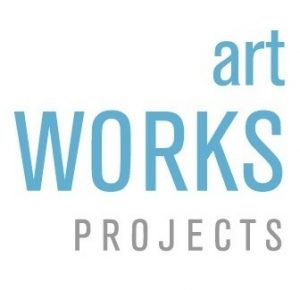

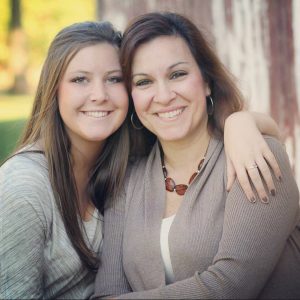
Be First to Comment